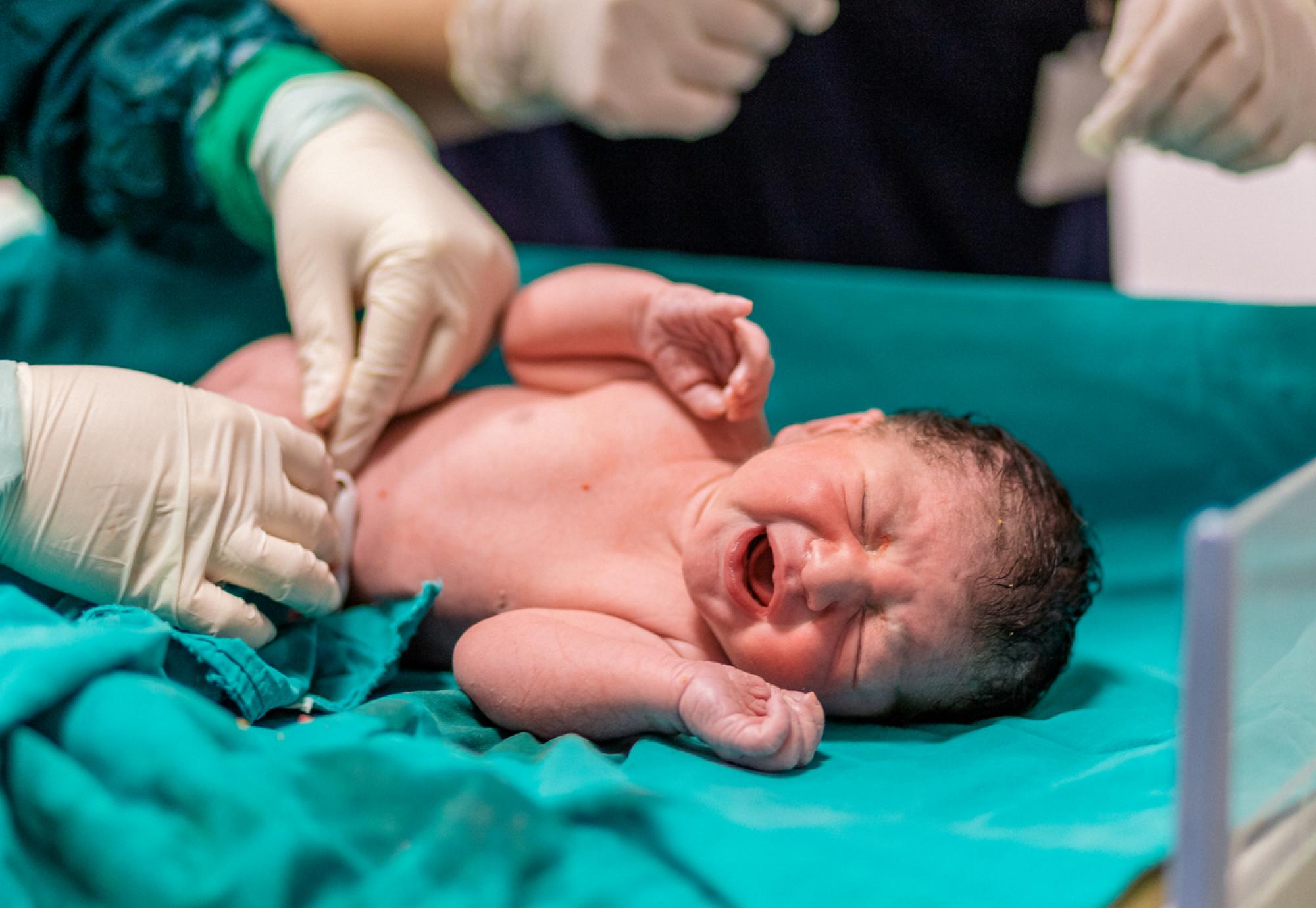The NHS have just completed a successful pilot of the world’s first bedside genetic test which could save hundreds of babies from going deaf each year.
The machine used is able to identify whether critically ill babies in intensive care have a gene that could result in them experiencing permanent hearing loss is treated with a common emergency antibiotic.
A swab is taken from the baby and results can be given in less than 25 minutes, a lot less time than the current method which can take several days to process results.
An antibiotic, known as Gentamicin, is typically given to most patients who are admitted into intensive care within an hour of arrival and whilst it is a safe drug to use and treats around 100,000 babies each year, one in 500 babies carry a gene that can make the antibiotic cause permanent hearing loss.
The test, which was developed in Manchester in the Pharmacogenetics to Avoid Loss of Hearing (PALoH) study, could save the NHS £5m every year by recognising the gene straight away and allow clinicians to use a different drug to treat the young patient, eliminating the need for future interventions such as cochlear implants.
NHS National Medical Director Stephen Powis said: “The successful trial of this bedside test is fantastic news for the hundreds of babies – and their parents – who would otherwise lose their hearing when given this common antibiotic in intensive care situations.
“Through world-class innovation, the NHS is delivering cutting edge treatments to save and improve patients’ lives as well as delivering on the commitments of the NHS Long Term Plan.”
Due to the successful pilot the NHS Genomic Medicine Service Alliance and the NHS will be exploring ways to launch the new technology as part of clinical service.
Professor Bill Newman, a Consultant in Genomic Medicine at Manchester University NHS Foundation Trust and lead in the PALoH study added: “I am absolutely thrilled with the success of the study, and that this testing is now going to be used in three of our Trust’s Neonatal Intensive Care Units – it’s actually going to make a real difference so babies are not going to lose their hearing for a preventable reason.
“The trial demonstrated that you can deploy rapid genetic testing in a clinical setting, and that the tests can be carried out within the ‘golden hour’ when severely unwell babies should be treated with antibiotics.”
Over 300 nurses are currently being trained to use the machine across Manchester University NHS Foundation Trust, with the test expected to be routinely used in all the hospitals’ neonatal units within the coming weeks.
Professor Dame Sue Hill, Chief Scientific Officer for England and Senior Responsible Officer for Genomics in the NHS, said: “Genomic medicine is transforming healthcare, and this is a powerful example of how genetic testing can now be done extremely quickly and become a vital part of triage – not only in intensive care but across our services.
“It also shows the importance of thinking about how advances in technology can rapidly transform how we use genomics closer to care for our patients.”
The test costs around £80 per baby and has been backed by £900,000 funding from the National Institute for Health Research (NIHR), as well as receiving support from the Royal National Institute for Deaf People.



















